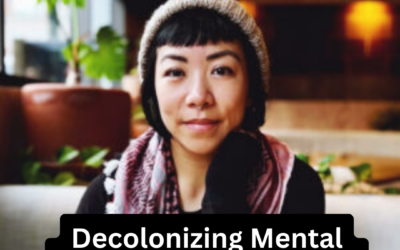Podcast: Play in new window | Download (Duration: 27:47 — 25.5MB)
Subscribe: Apple Podcasts | Spotify | Amazon Music
Become a master not a disaster at relationships! In this episode we provide some quick tips to help you regulate emotions in yourself and others. Deepen your skills at deciphering these things we call feelings (ack!) and learn how to use this information to co-regulate yourself and those close to you.
What happens when we’re suddenly overcome with emotions? In this episode, Ann Kelley, Ph.D. and Sue Marriott, LCSW, CGP discuss five tips to internally and externally regulate your emotions when things get too much. You’ll learn how communicating in certain ways and even acting counter-intuitively to your instincts can be the best way towards healthy emotional regulation.
0:00-10:00
Emotional regulation is NOT about just being nice or suppressing your emotions
Defining “stonewalling” – refusing to address someone and what’s being asked to talk about. Stonewalling happens when someone is flooded with emotions and they mentally check out.
Stonewalling is actually a form of dysregulation
Polyvagal Theory
What happens when we have too strong of emotions?
1) Identify what’s going on internally and externally – In yourself and in other people. Feel physically where you’re feeling the intensity in your body.
2) Accept it; this is what it is. Taking a pause instead of reacting in a physical way.
10:00-20:00
3) Respond. Response rather than react. Thinking and moving for yourself rather than moving to impact the world. Recognize the emotion as transient.
Dialectical behavior therapy
Taking impulses to act from anger, sadness and anxiety and redirecting them into the opposite action. Those impulses are based on survival instincts. If you’re angry, contain rather than attack. If you’re sad, just sit with your partner rather than withdraw. If you’re anxious, carefully approach rather than hold back.
Analogy of Russian Dolls: Let the big one take the wheel, don’t let the little ones get dysregulated and drive.
20:00-28:00
Problem of inferring from words not said rather than words that are said. Even as adults we need to “use our words”.
No matter what if you can, move towards social engagement as soon as you can. It’s way better. 🙂
4) Put thoughts and feelings into words rather than actions
Differentiating between communicating to assert your emotions versus communicating from a truly open place. Example of “Where’ve you been?” vs. “I’ve been nervous about where you are and it’s made me anxious.”
5) Don’t forget to amplify positivity in your relationship in general. Engage in positive activities and words daily. In conflict, use your mind to remember and imagine positivity between you, either from the past or hours after a conflict is imagined to be resolved. This reminds you that you are with a safe person. Connect before you correct. Use positivity and humor to bring yourself back to the center
Wrap up.
Like this and want to hear more? Join our email list here, subscribe to Tunes here or sign up for the waiting list for our free online course on Modern Adult Attachment here! We may read your review on air, please rate and review us on your favorite podcast player, it helps so much!!
Finally – this is the easiest of all – “Like” our public Facebook page here to get updated popular articles on these subjects of interest.
Liked this one? Check out our episode on Polyvagal Theory here and other episodes on emotional regulation we have, such as this one on what we can learn from animals about emotions!
Resources:
Cool graphic – check it out there is a lot there to ponder…
Feelings Inventory by Center for Nonviolent Communication
Care tool kit for emotions – solid resource mostly to teach kids but hey we all can use a hand sometimes! 🙂
Emotion Feeling Chart for Adults
Affect Regulation book by Alan Schore
Emotional Intelligence Why It Can Matter More than IQ book by Daniel Goldman














